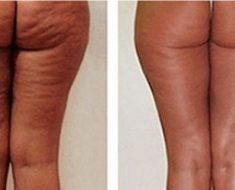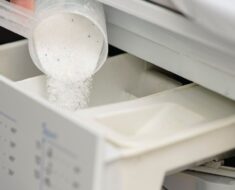
The first confirmed cases of babies born with brain damage as a result of the COVID-19 virus crossing into their mothers’ placenta were revealed in a new study this week.
Both babies were born to young mothers who had tested positive for the virus in their second trimester during the peak spread of the Delta variant in 2021 — before vaccines were available, according to the University of Miami study that was published in the journal Pediatrics.
On the day they were born, both babies suffered seizures and later suffered significant developmental delays. One child died at 13 months while the other was placed in hospice care, researchers said.
The babies did not test positive for the virus themselves, but had high levels of COVID antibodies in their blood, said Dr. Merline Benny, a neonatologist and assistant professor of pediatrics at the university, according to NBC News.
She said this indicates the virus likely transferred from mother to placenta and then to the baby.
The research team located evidence of the virus in both mothers’ placentas, according to Benny. An autopsy showed traces of COVID-19 in the baby’s brain, suggesting direct infection caused the injuries, she said.
Both mothers tested positive for the virus. One had only mild symptoms and carried the baby to full-term, while the other mother was so severely sick that doctors had to deliver her baby at 32 weeks.

Doctors had suggested this is possible, but this study is the first direct evidence of the virus in a mother’s placenta or an infant’s brain, researchers said.
Other viruses have been known to cause brain damage to a fetus, including Cytomegalovirus, Rubella, HIV and Zika, according to NBC.
“This is the first time that we’ve been able to demonstrate the virus in a fetal organ with transplacental passage,” said Dr. Michael Paidas, chair of obstetrics and gynecology at the University of Miami. “That’s why we think this is so important.”
While cases like this are suspected to be rare, Dr. Shahnaz Duara, an obstetrician and gynecologist at the university, told NBC News that women who were infected with COVID-19 during their pregnancies should contact their child’s pediatrician to look out for developmental delays, which could take years to manifest.
“We know that things can be fairly subtle up to 7 or 8 years of age until kids go to school,” she added.





